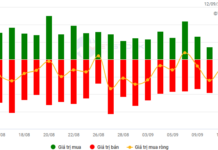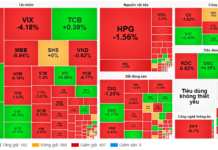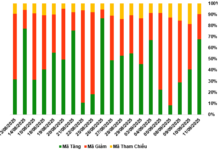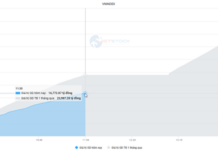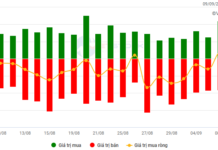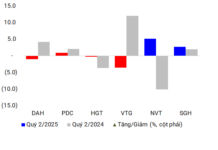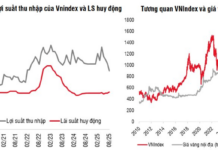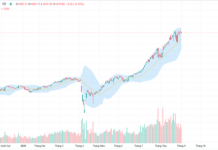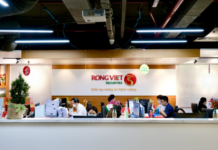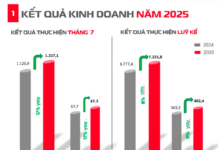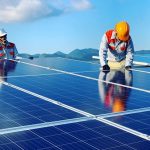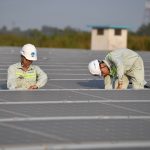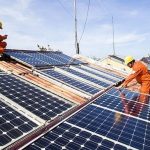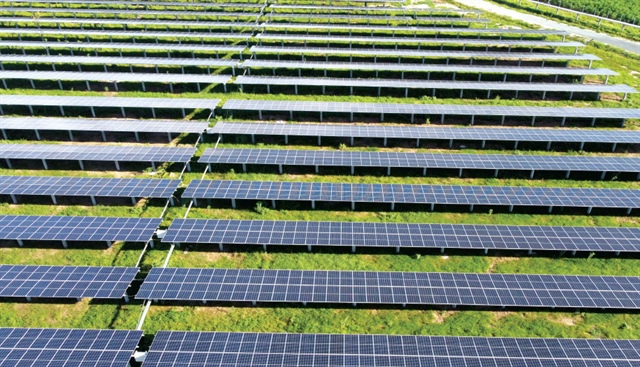
The sun is shining on solar power. Image: H.P. |
The numbers don’t lie: solar power is on the rise and is set to become a primary energy source for humanity in the coming years. By 2023, solar panels globally had generated approximately 1,600 terawatt-hours of electricity, accounting for 6% of the world’s total electricity production.
The growth of solar power has been exponential: in 2004, it took a year to install 1 gigawatt-hour of solar capacity (1 gigawatt = 1 billion watts), by 2010 it took a month, and by 2016, just a week. In 2023, there were days when the world added 1 gigawatt of solar power every day!
Global investment in solar power shows no signs of slowing down, with an estimated $500 billion expected to be poured into the industry this year. According to the International Solar Energy Association, solar power generation will match the output of all nuclear power plants worldwide by 2026, surpass hydropower by 2028, outpace natural gas-fired power plants by 2030, and exceed coal-fired power plants by 2032.
The path forward for solar power on a global scale is clear. However, it is puzzling why the Ministry of Industry and Trade in Vietnam has consistently approached solar power with caution. Statements from the ministry give the impression that they aim to restrict the development of solar power, with comments such as “Absolutely no selling of self-used rooftop solar power” and “Rooftop solar power installed in residential homes and government offices for self-use and connection to the national grid will be sold for 0 VND (Vietnamese dong)…”
While we understand the ministry’s concerns about the instability of solar power due to its reliance on weather conditions, this is a challenge faced by countries worldwide. These countries are actively addressing these issues by implementing measures such as upgrading transmission networks, directing electricity to deficit regions, developing energy storage systems, and encouraging the use of excess electricity in new production and business activities.
The issue lies in the attitude: there should be clear explanations about the difficulties faced by the current power system, along with continued encouragement for solar power development, coupled with measures to overcome obstacles such as incentivizing investments in energy storage systems. EVN (Electricity of Vietnam) should take the lead in investing in these solutions, as many power companies in other countries are already doing.
If the public perceives a lack of enthusiasm from the managing authorities toward solar power, they may become discouraged from making costly investments. As a result, we risk missing out on the opportunity to harness the vast potential of solar energy in a country with abundant sunshine all year round.
It is reassuring that the government’s stance is clear: the Ministry of Industry and Trade must devise ways to encourage citizens to develop solar power, especially when they invest in storage equipment to sell back to EVN during peak hours.
A positive approach to solar power involves disseminating information and knowledge to the public, guiding them on the best ways to invest in solar power to save costs and reduce emissions. Where there are challenges, we should rally the collective wisdom of our people to find solutions. Solar power is the way of the future, and we once led the way in this field, impressing the world. We cannot afford to fall behind now.
Solar Plant Proposal Gets Green Light to Sell Directly to Customers via Private Wire
Renewable energy generators that own wind or solar farms will be able to sell electricity directly to large electricity users either via private wire or through the grid.
Rooftop Solar Surplus: Net Metered at $0, Not Worthless
Domestic rooftop solar power systems can solely be utilized by the system owner and cannot be sold to external individuals or organizations. In cases of excess power generation, the surplus can be directed to the national grid, but the production will be recorded at zero value and no payments will be made.

